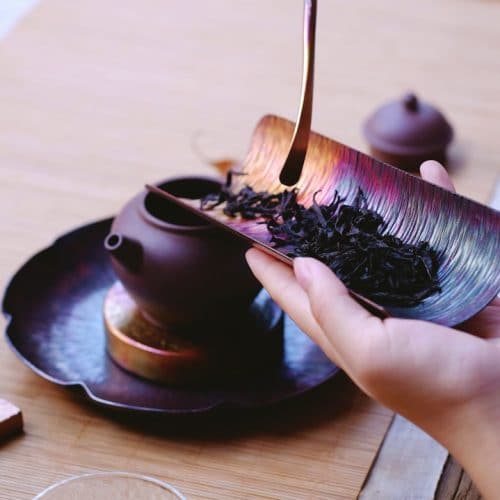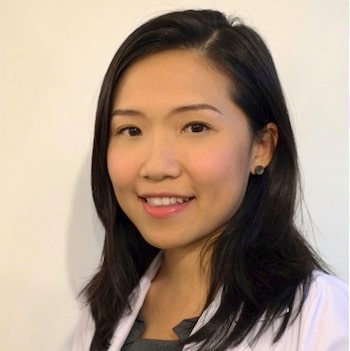Everything you need to know about Traditional Chinese Medicine here in Hong Kong
It’s almost impossible to walk down the street in Hong Kong and not stumble upon a plethora of shops selling all sorts of potions and lotions. From dried herbs and roots to nuts, seeds and fruits, you’ll find everything you need to whip up a nutritious broth or common-cold ‘cure’. So if you’re interested in learning more about Traditional Chinese Medicine (TCM), then you’re in luck, as registered practitioner, Michelle Law lets us in on the health benefits of TCM, when you should consider booking in for an appointment and a couple of remedies that you can try for yourself…
Read more: You’ll Want to Try This $15 Superfoods Beauty Elixir
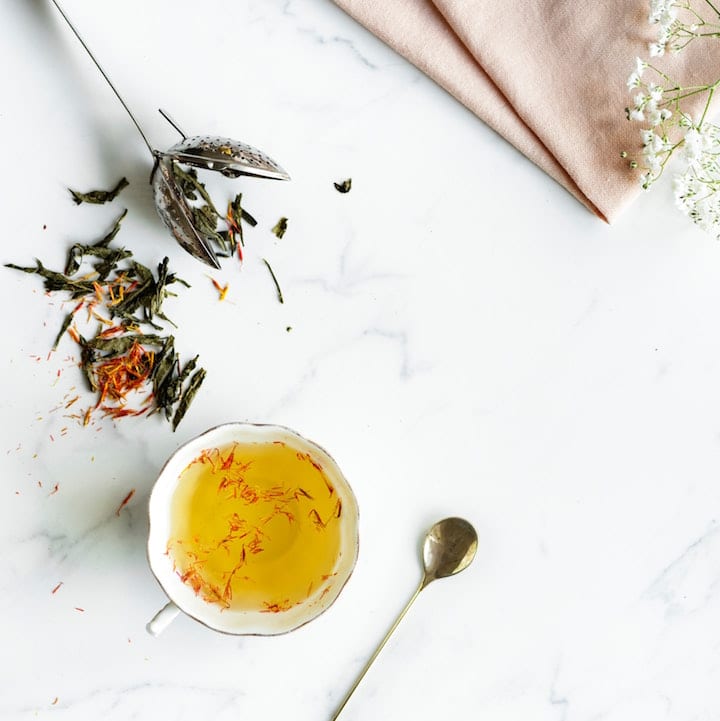
What is TCM and what are the health benefits?
Traditional Chinese Medicine is a medical practice with long history, embodying high standards of safety and efficiency, with the first recorded practice of TCM documented more than two thousand years ago! After years of research to prove it safe to be used on humans, TCM theories and treatments were gradually formed, deepened and expanded. As a matter of fact, the ever-refining TCM has been safe-guarding the health of Chinese during epidemics throughout history. The research and use of TCM in the western world has also been receiving growing attention since international reports on the anaesthetic effect of acupuncture during an open heart surgery in the 1980’s. Nowadays, TCM is used not just in China but also other Asian and western countries such as Japan, Korea, Germany, the United Kingdom, Canada and the United States.
Traditional Chinese Medicine aims to bring about the highest level of heath by the most natural and safest means. A very unique feature of TCM is that it goes to the root of the problem and not just symptomatic control. Your body should be repaired and strengthened instead of your symptoms masked after TCM treatments. TCM practitioners also would stress a lot on disease prevention and health maintenance by educating you on your lifestyle and diet. Meaning that, in theory, you should be globally healthier and the likelihood for you to get sick and keep having treatments is lower! Another major characteristic of TCM is that each treatment is tailor made for you at each treatment session. In other words, even two people with the same disease might have a completely different treatment approach based on the individual’s body composition and symptoms. This helps to formulate a more precise and in turn, more effective treatment plan.
Here are some common examples that TCM practitioners could treat:
- Problems of female reproductive system (e.g. painful periods, irregular periods, premenstrual syndrome, infertility and recurrent miscarriages)
- Skin problems (e.g. acne, eczema, skin allergies)
- Musculoskeletal disorders (e.g. pain, stiffness, tingling, joint dislocation, misaligned tendons)
- Acute or recurrent respiratory tract problems (e.g. allergic rhinitis/hay fever, asthma, tonsillitis, upper respiratory infections)
- Digestive system disorders (e.g. gastroenteritis, irritable bowel syndrome, acid reflux)
- Stress-induced troubles (e.g. sleep problem, chronic fatigue syndrome, muscle tension)
- Acupuncture and Chinese herbal medicine might also support cancer surgery and therapy.
Read more: These Essential Oils are Edible, and They Pack a Nutritious Punch
How can I book in for a treatment? Who should I go to?
TCM includes three major types of treatment: (1) Chinese herbal medicine; (2) acupuncture and moxibustion; and (3) bone setting and tui na (Chinese therapeutic massage and manipulation). Each treatment has its strengths and limitations, and recognising which is best for toy, might help you to book in with the right TCM practitioner for your problem.
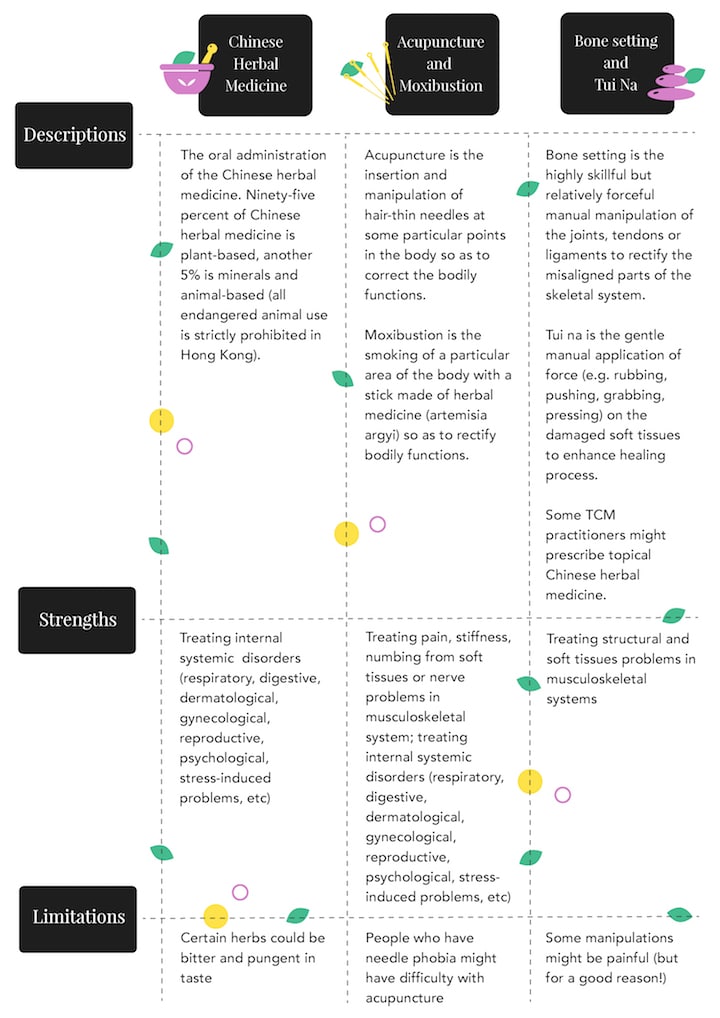
There is a strict regulations and governing system for all Registered and Listed TCM practitioners in HK by the Chinese Medicine Council (CMC) under the Chinese Medicine Ordinance. After the handover of HK to China, the HK government started a strict registration system for TCM practitioners who intend to start or continue practising. Currently, all Registered TCM practitioners have to graduate from a university degree after five to six years of training! These graduates would then be eligible to sit in the licensing examination. Those passed would get registered and they would be obliged to receive continued medical education in order to renew the license every three years. The CMC also imposes surveillance on all Registered and Listed TCM practitioners for any malpractice. Hence, it is advised to check out this website to look for a credible TCM practitioner. And, as always, it is advisable to ask around for the word of mouth too!
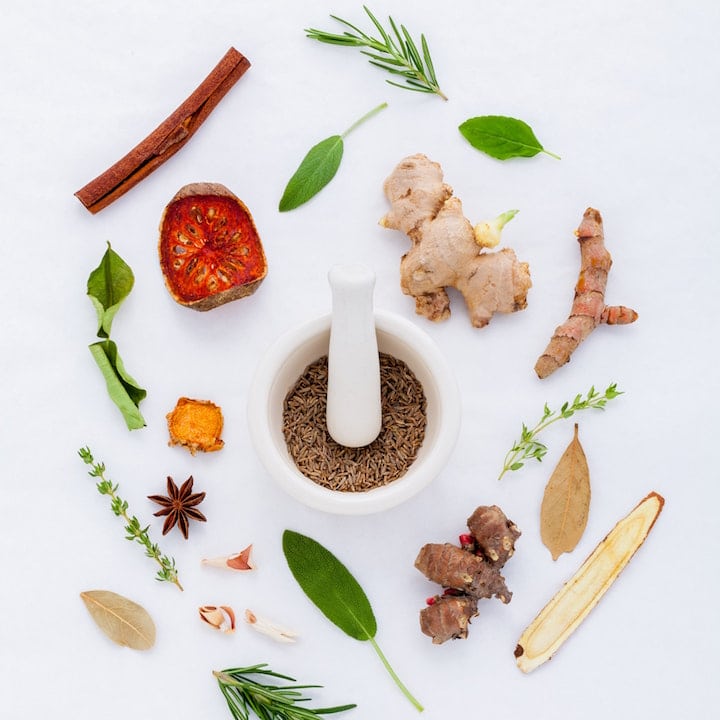
What remedies can I do myself?
Common remedies (amount of ingredients reccomended per person):
General dryness (e.g. dry eyes, skin, nose and throat):
- Mume fruit 烏梅 (1 piece)
- Sugar (1 teaspoon)
- Remove the pit of the mume fruit, then crush it. Infuse the mume fruit with 200ml of water at 100°C water for five minutes. Add sugar and serve.
- Consume every day until recovered. If symptoms get worse or if you have any other discomforts, please consult a health professional!
Initial stage of cold or flu:
- Prepared soybean 淡豆豉 (5 pieces)
- White (close to the root end) part of the Chinese spring onion 蔥白(2 pieces)
- Boil the above with 300ml of water for five minutes then serve.
- Consume once per day until recovered. If symptoms get worse or if you have any other discomforts, please consult a health professional!
Stomachache or diarrhoea:
- Dried mandarin peel 陳皮 1角 (1 corner)
- Rice 30g
- Salt (1.5 tea spoons)
- Water 500ml
- Boil the above for 30 minutes with 500ml of water then serve.
- Replace your meals with this remedy. Consume until recovered. If symptoms get worse or if you have any other discomforts, please consult a health professional!
Featured image courtesy of Unsplash, image #1 courtesy of Pexels, image #2 courtesy of Pexels





 Eat & Drink
Eat & Drink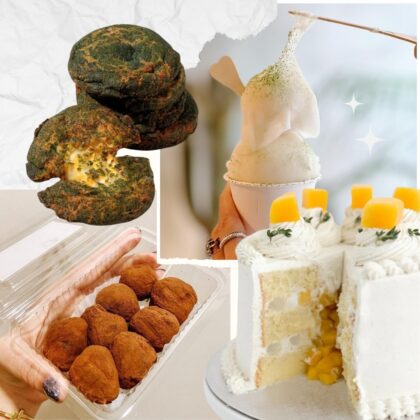



 Travel
Travel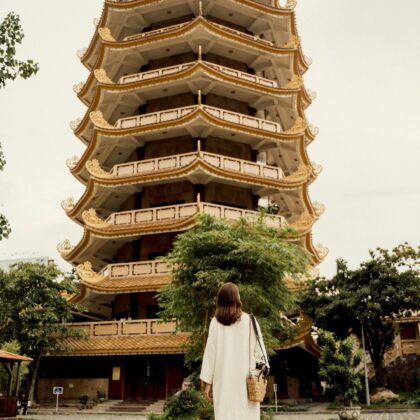


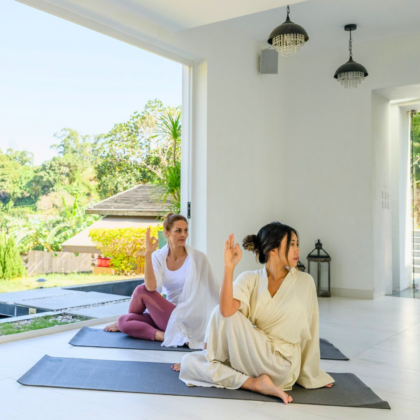
 Style
Style
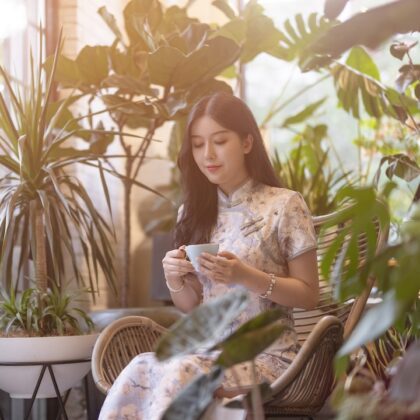


 Beauty
Beauty


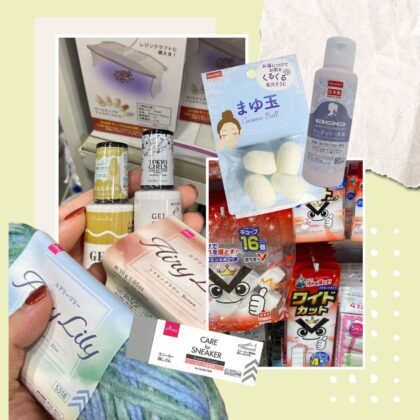
 Health & Wellness
Health & Wellness



 Home & Decor
Home & Decor


 Lifestyle
Lifestyle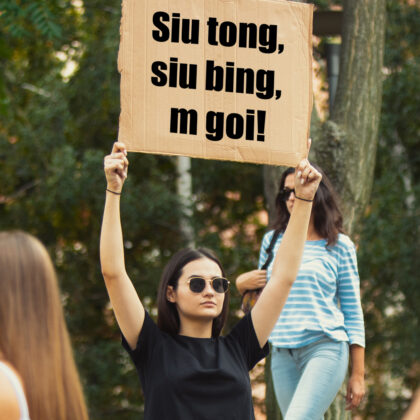


 Weddings
Weddings



